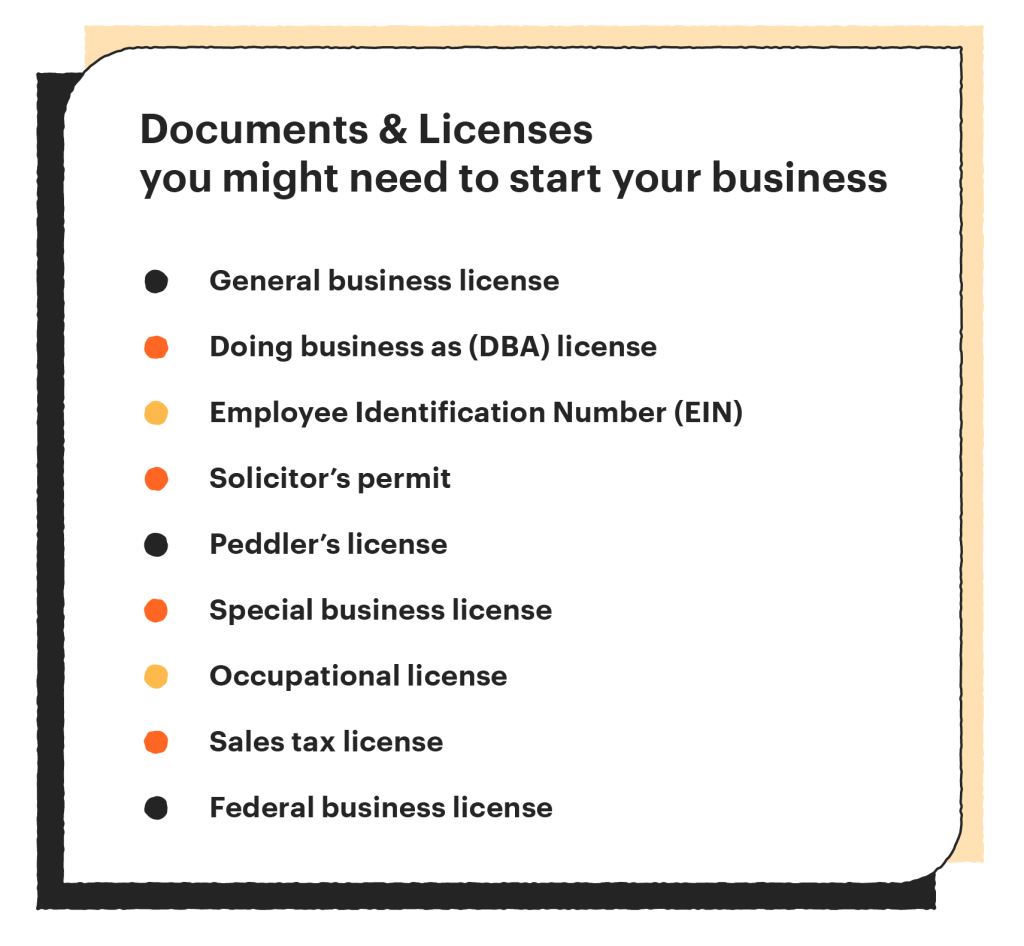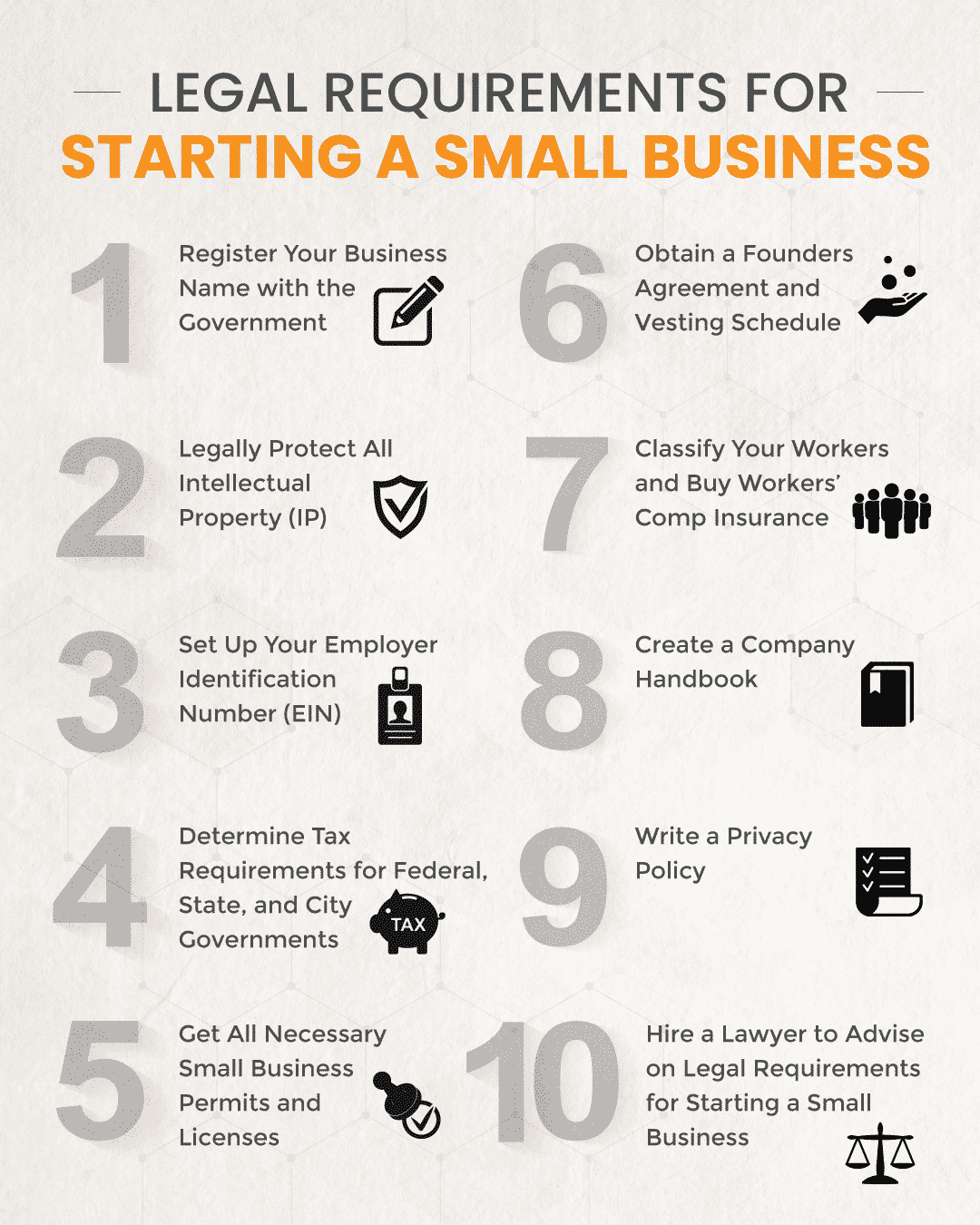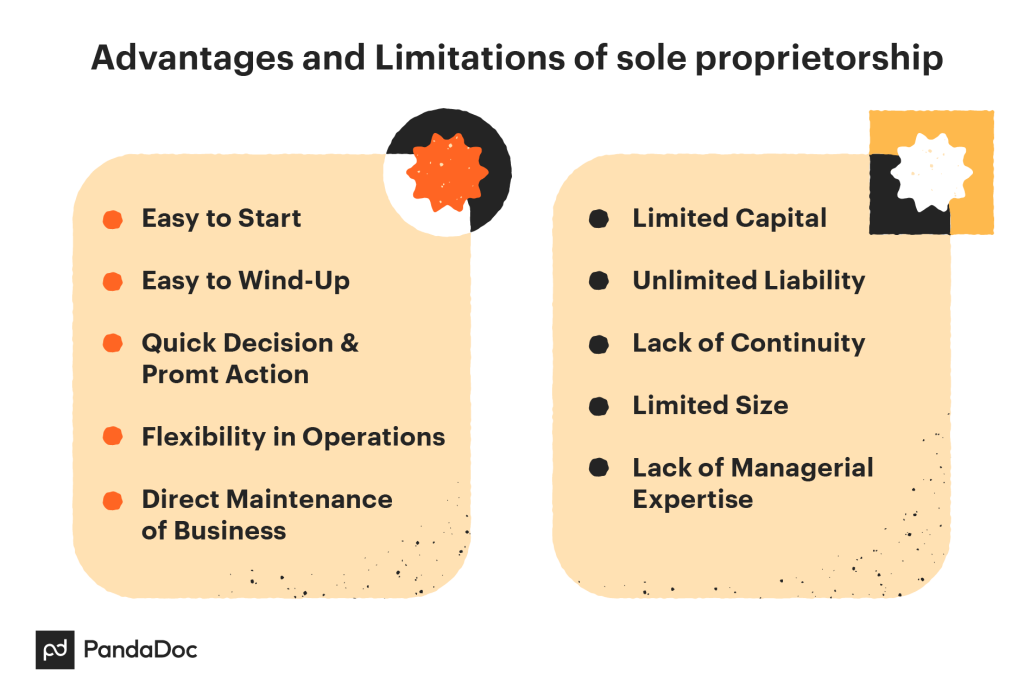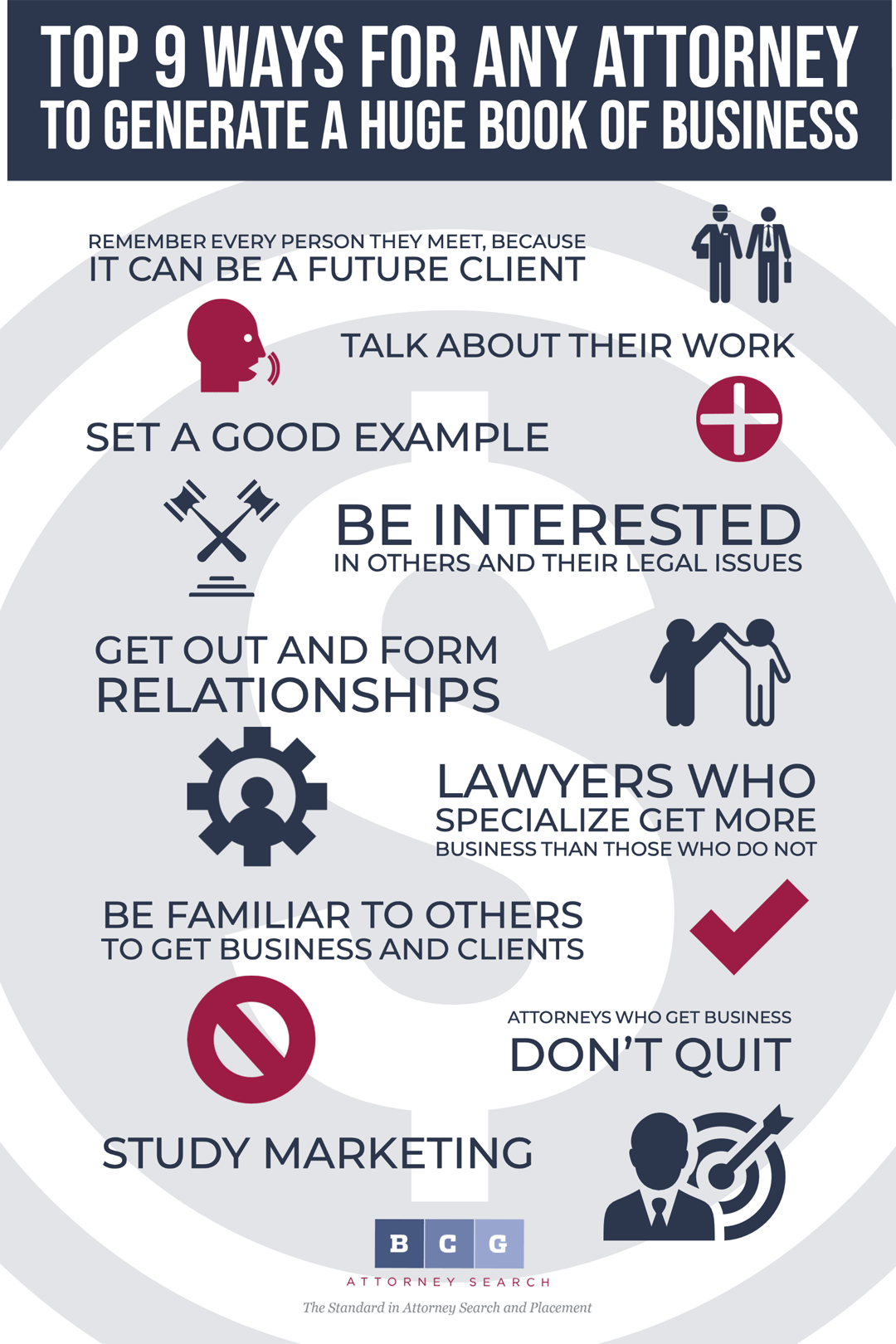Do I Need An Attorney To Start A Business

Imagine you’re standing at the foot of a mountain, ready to embark on an exhilarating climb. The air is crisp, the view is stunning, and you’re brimming with excitement to start your own business. But as you look up, you realize the path isn't always clear. Do you need a guide, someone who knows the terrain, the potential pitfalls, and the best routes to the summit? This is precisely how starting a business can feel.
The question of whether to hire an attorney when starting a business is a crucial one. While not always mandatory, engaging legal counsel can provide invaluable support, mitigating risks and ensuring a solid foundation for future growth. Making an informed decision requires understanding the complexities involved and weighing the potential benefits against the costs.
Understanding the Legal Landscape
Navigating the legal requirements of starting a business can feel like deciphering a foreign language. From choosing the right business structure to drafting contracts and ensuring compliance with regulations, the process can be daunting. A lawyer experienced in business law can act as your interpreter, guiding you through the intricacies of the legal landscape.
Business Structure: Choosing the Right Foundation
One of the first and most critical decisions is selecting the appropriate business structure. Common options include sole proprietorships, partnerships, Limited Liability Companies (LLCs), and corporations. Each structure has distinct legal and tax implications.
For instance, an LLC offers personal liability protection, shielding your personal assets from business debts and lawsuits. A lawyer can help you weigh the pros and cons of each structure and determine which best suits your specific needs and goals.
Contracts: The Building Blocks of Business
Contracts are the lifeblood of any business, defining the terms of agreements with suppliers, customers, employees, and partners. Well-drafted contracts protect your interests and prevent disputes.
An attorney can help you create clear, comprehensive contracts that address potential risks and liabilities. This includes everything from employment agreements to service contracts and lease agreements.
Compliance: Staying on the Right Side of the Law
Businesses must comply with a myriad of federal, state, and local regulations. These include tax laws, employment laws, and industry-specific regulations. Failure to comply can result in fines, penalties, and even legal action.
A lawyer can help you understand and navigate these complex regulatory requirements, ensuring your business operates within the bounds of the law. This includes obtaining necessary licenses and permits, and adhering to industry-specific standards.
The DIY Approach: When is it Enough?
While legal expertise is often invaluable, it’s not always strictly necessary to start a business. Many entrepreneurs successfully launch ventures without the immediate involvement of an attorney. This is often possible when the business is relatively simple, straightforward, and involves minimal risk.
For example, if you're starting a small, online business with few employees and standard sales transactions, you might be able to handle the initial legal tasks yourself, using online resources and templates. Organizations like the Small Business Administration (SBA) offer resources and guidance for new business owners.
However, even in these cases, it's wise to consult with an attorney at some point, especially as your business grows and becomes more complex. Early preventive advice can save you from significant headaches down the road.
Cost vs. Benefit: Weighing the Investment
The cost of hiring an attorney is a significant consideration for many startups. Legal fees can range from a few hundred dollars for basic document review to several thousand for more comprehensive services. It's essential to weigh the cost against the potential benefits.
Consider the potential costs of making a legal mistake, such as facing a lawsuit or incurring penalties for non-compliance. These costs can far outweigh the initial investment in legal counsel. A study by the U.S. Chamber of Commerce found that litigation and regulation cost American businesses billions of dollars each year.
Finding the Right Attorney
If you decide to hire an attorney, it’s important to find someone who is experienced in business law and a good fit for your needs. Look for someone who understands your industry and has a proven track record of success.
Ask for referrals from other business owners and schedule consultations with several attorneys before making a decision. The American Bar Association (ABA) offers resources for finding qualified attorneys in your area.
Conclusion: Informed Decisions for a Brighter Future
Ultimately, the decision of whether to hire an attorney when starting a business is a personal one. There’s no one-size-fits-all answer. Consider the complexity of your business, your risk tolerance, and your budget.
By carefully weighing the pros and cons, and seeking advice from trusted sources, you can make an informed decision that sets your business up for long-term success. Whether you choose to go it alone or enlist the help of a legal professional, remember that the journey of entrepreneurship is a marathon, not a sprint, and careful planning is key to reaching the finish line.


















